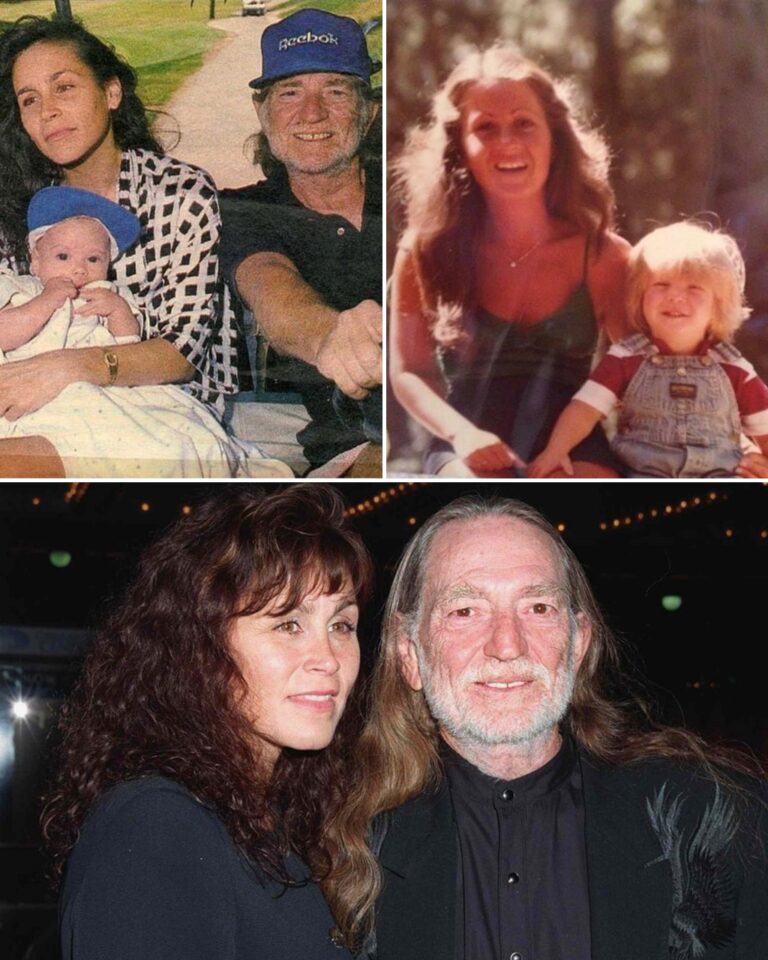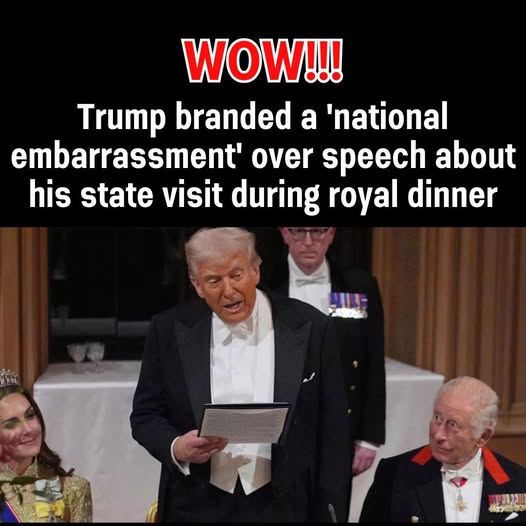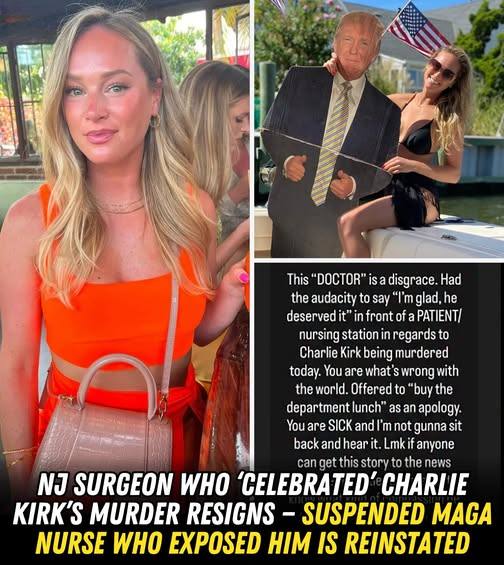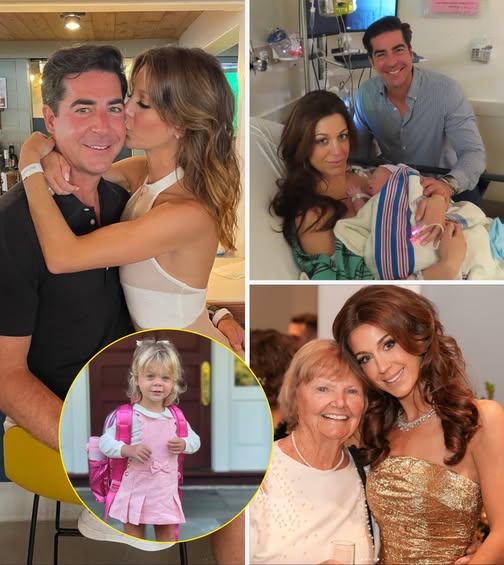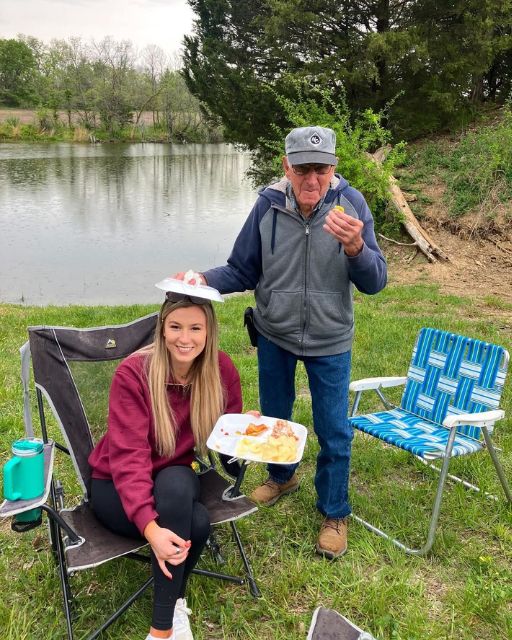
He always said he didn’t want a big sendoff. “Just a sandwich, a folding chair, and a quiet lake,” Grandpa would say. “I don’t need all the fuss.” But we all knew better. This wasn’t just another lazy Saturday by the water. His surgery was scheduled for Monday. They called it routine, but when a man in his late seventies starts using phrases like “just in case I don’t bounce back,” it lands differently. So I packed the car with snacks, a couple of lawn chairs, and his favorite greasy diner food. My cousin met us at the lake with…
He always said he didn’t want a big sendoff.
“Just a sandwich, a folding chair, and a quiet lake,” Grandpa would say. “I don’t need all the fuss.”
But we all knew better. This wasn’t just another lazy Saturday by the water. His surgery was scheduled for Monday. They called it routine, but when a man in his late seventies starts using phrases like “just in case I don’t bounce back,” it lands differently.
So I packed the car with snacks, a couple of lawn chairs, and his favorite greasy diner food. My cousin met us at the lake with extra blankets, just in case the breeze turned cold. We didn’t speak of it directly, but every one of us felt it—this might be goodbye.
The lake was still and familiar. Grandpa’s fishing pole rested in his lap as he leaned back in his old chair. He didn’t look like someone preparing for surgery. He looked like himself—strong, calm, the man who once taught me to cast a line and sneak cookies from the jar without getting caught.
For a long while, we didn’t talk. With Grandpa, silence often said more than words ever could. Then, finally, his voice broke the quiet.
“When I was your age,” he said, eyes still fixed on the water, “I thought I’d always be out here, just like this. But time… time has other plans.”
I nodded. “Yeah. It doesn’t wait for anyone.”
He gave a soft chuckle. “No, it doesn’t. But it sure makes you grateful for days like this.”
And that’s when I really understood—this day wasn’t about fish or food or tradition. It was about peace. About holding close what mattered most before stepping into the unknown. He didn’t want a grand farewell. He wanted to feel grounded, surrounded by the people he loved, in the place that had always brought him comfort.
We spent the afternoon fishing, talking, joking about the ones that got away, and eating way too much. The sun slipped lower, the breeze picked up, and reality pressed harder on us with each passing hour. His surgery loomed, and though he kept the mood light, I could see the sadness behind his smile.
As twilight settled in, Grandpa looked at me with tired but clear eyes.
“You don’t need to come here every year,” he said. “You don’t have to bring sandwiches and sit by the lake to remember me. Just remember this moment. That’s all that matters.”
I wanted to promise I’d do more than remember—I wanted to promise I’d hold on, never let go. But all I could say was, “I will, Grandpa.”
We stayed until the stars appeared, then helped him to the car. The drive back was quiet. He drifted off in the backseat, and I kept glancing at him through the mirror, heart aching with everything I didn’t say.
That night, I tucked him into bed. He reached for my hand, his grip still firm.
“Promise me you’ll be okay,” he said softly.
“You too,” I replied, forcing the words past the lump in my throat.
He smiled faintly. “I hope so.”
I barely slept. When the hospital called the next morning, my chest tightened before I even picked up.
“Is this Michael, Mr. Thompson’s grandson?” the nurse asked.
“Yes,” I said, voice tight.
“There’s been a complication. We need you to come in right away.”
At the hospital, a doctor met me with a kind face and somber tone. “The surgery didn’t go as expected,” he said. “He’s stable, but it’s uncertain.”
Then he added, “He’s asking for you.”
I rushed to his room, barely breathing. When I opened the door, Grandpa was sitting up, pale but smiling.
“You made it,” he whispered.
“I’m here,” I said, gripping his hand.
“I guess I’m not done yet,” he said with a smirk. “Sticking around a bit longer.”
I laughed, tears threatening. “You always scare us like this.”
“Yeah, well… not quite ready to check out.” He leaned back into the pillows. “You just make sure you keep living. Don’t spend your life waiting for the perfect moment.”
I nodded, eyes stinging. “I promise.”
And that was the lesson, right there. Life wasn’t about how long we had—it was about how well we used the time we were given.
Grandpa pulled through. The recovery was slow, but he made it. And something shifted after that. He stopped rushing. He started calling more, laughing more, hugging longer.
And so did I.
Over the years, I kept his words close. I brought my own kids to the lake. We fished, told stories, ate messy sandwiches. I watched them laugh with their grandfather, learning the same quiet lessons I had.
The twist? Grandpa thought he was giving us his goodbye. But what he gave us was a beginning.
If there’s one thing I know now, it’s this: the most important moments are the simple ones. The unplanned, unscripted ones. The quiet mornings by a lake. A shared meal. A tired hand held tightly.
Don’t wait. Make the moment count.
And if this reminds you of someone, tell them. While you still can.
